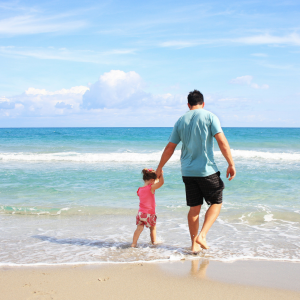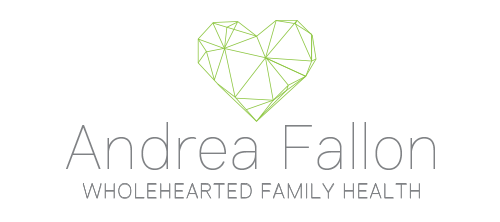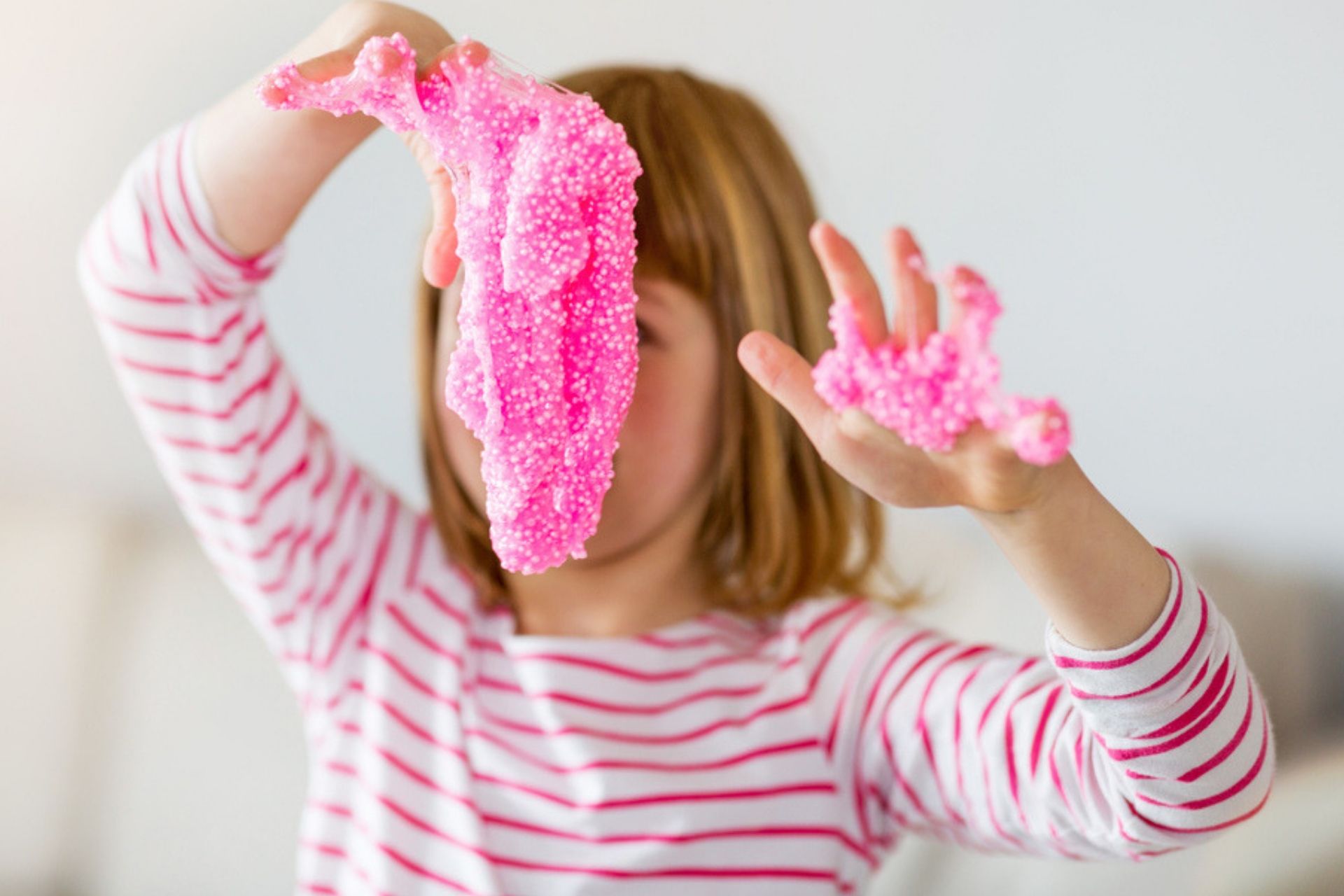Promoting the benefits of fatherhood
Dads often get praised for regular parenting (just a bit patronising!) or they get portrayed as goofy and rather unhelpful – think Peppa’s Daddy Pig!
So how can we promote positive fathering and the benefits of fatherhood? Simply acknowledging dads as a parent helper is not enough if we wish to promote, support and encourage positive fathering. We need to recognise the important role that fathers play.
“Dads contribute uniquely to the development of their baby by establishing a positive relationship with them. Babies do well when dads are involved and play with them the only way dads can!”
Before we go any further, it needs to be said…
There are many reasons why a child may not have their biological father in their life. The most important thing is that they have the love, support and involvement of a ‘father figure’ – whether this is a grandfather, uncle or family friend.
Promoting positive fathering and the benefits of fatherhood

1. Recognise, acknowledge and celebrate the benefits to children when they have an engaged father or father figure.
Just some of the benefits for children when they have an engaged father or father figure include (for more information check out The Fathering Project):
a) Enhanced development
b) Greater social maturity, resilience and life skills
c) Reduced likelihood of bullying behaviour
d) More physical activity
Enhanced development
There is evidence to suggest that fathers contribute significantly to play exploration (particularly rough and tumble play) that helps develop a child’s emotional and behavioural self-regulation. This is particularly significant in the first six years of a child’s life as it can foster safe exploration of challenging situations, which builds resilience.
Greater social maturity, resilience and life skills
Current literature indicates that fathers and father figures play an important role in fostering social skills and promoting positive mental health in their child. Being warm, supportive, involved and engaged traits that have been shown to be particularly important.
Reduced likelihood of bullying behaviour
Both parents play an important part in reducing the likelihood that their child will exhibit bullying behaviour, although research has found a buffering effect when fathers are engaged with their children. Communicating openly, meeting children’s friends, and encouraging children academically have also been associated with lower bullying odds.
More physical activity
There is a lot of evidence to say that fathers have more of an influence on their child’s level of physical activity, across ages. Some of the factors in this influence include encouragement of physical activity, modelling positive behaviours and influencing a healthy diet.
Play may also be an important factor as research shows fathers tend to bond with children by encouraging challenges through play and physical activity.
2. Promote the benefits of fatherhood
Fathers and father figures also benefit from fathering when they are encouraged and involved. Promoting the benefits of fathering is another way to encourage men in this role. Some of the known benefits of fathering include:
a) Greater self-confidence and a sense of satisfaction as a parent and in life generally, with research indicating that fathers who are involved are less likely to experience psychological distress, and more likely to be empathetic towards others.
b) There is also some evidence that emotional involvement with children can act as a buffer against work-related stress in fathers.
3. Support fathers and father figures to access help if they need it
Fathers need to stay mentally well to not only enjoy the experience and be the best they can be but also to cope better with any parenting challenges along the way.
1 in 10 expecting or new dads in Australia experience perinatal depression or anxiety. Signs and symptoms can include: irritability, agitation, anger, a lack of motivation in daily activities, feelings of helplessness and anxiety, sleep problems and withdrawing from others.
If you are concerned that your partner or a dad/father figure you know is exhibiting some of these signs and symptoms, ask them how they are and encourage them to seek support. There is help available. The GP is usually the first step. The Fathering Project also has a number of dad groups around Australia, you can find one here. They also have some fabulous resources on supporting dads and the benefits of fatherhood.
Alternatively, the Centre of Perinatal Excellence (COPE) and the Centre for Perinatal Psychology have great resources on their website.




